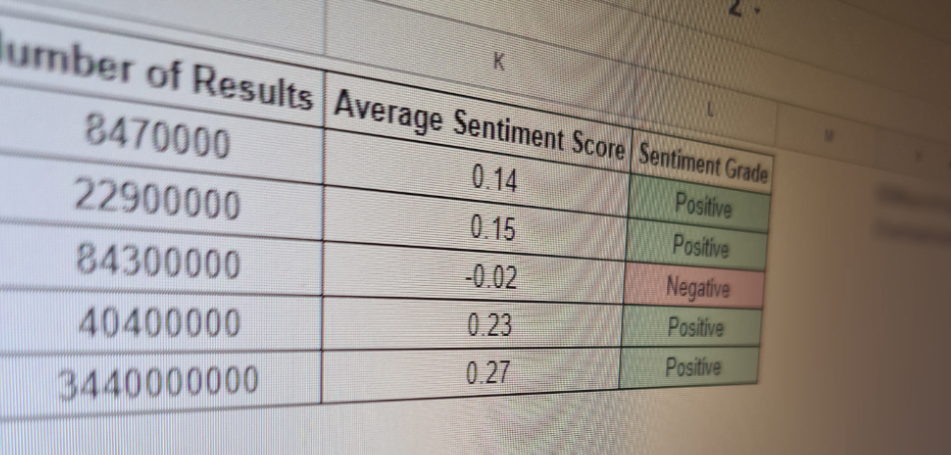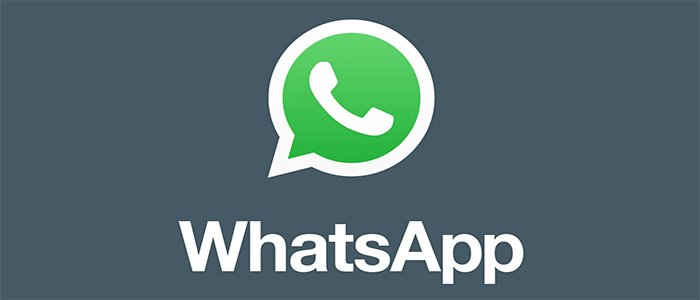Shifting Paradigms: Ad’s, API’s & The Rise of the Elite Social Network
Social media’s an interesting thing: I can’t think of many other areas apart from Mafia films where dominant players can rise almost overnight, seem untouchable for a while and lose it all in the blink of an eye.
We saw it when Facebook came along and almost took MySpace’s entire userbase in a heartbeat. We saw it when Twitter came, took the rest of it and (speculatively) pushed Facebook into a few interesting UI and business decisions. WordPress has pushed other blogging platforms and sites out into the cold, to the point where Livejournal might be shutting down and Pinterest has turned a lot of crafting forums into a ghost town, all in a comparatively short space of time. Like I say, it’s interesting, but I’m starting to see something of a shift in these dominant paradigms.
Dropping the Ball
All the great “rise-and-fall” stories have a common theme – the people who got to the top either forgot how they got there, they tried to change things too much to make sure they stayed there or they forgot what they were like on the way up, thus forgetting that there is always someone that wants your spot.
Facebook have been irritating their userbase for years with unwanted interface changes, privacy concerns and god-awful mobile apps. The reason I believe they’ve stayed where they are is because of a lack of a viable competitor. The average user isn’t going to drop Facebook for Google +, Diaspora is very limited and dozens of other Facebook-killers have risen up only to disappear before lunchtime. That said, the IPO failure, the dismal experience with the advertising platform, the reportedly poor ROI for advertisers, and the latest furor about the timeline, not to mention the fact that I see significantly less engagement on the platform than I did just a year ago, makes me think that if the right network came along, Facebook could become the next MySpace.
Then there’s Twitter. This network seems to be epitomising the term “dropping the ball” at the moment, and seems the most at risk of losing their spot.
Firstly, there’s the advertising issue. I have clicked a grand total of one Facebbok ad in my lifetime, but that’s still 100% higher than a sponsored Tweet. That said, unless I use Tweetdeck, Hootsuite or the horrendous web interface, I don’t see them and I can’t speak for trying to set them up as I’ve never put a sponsored Tweet out there.
The real issue with Twitter is the API lockdown. I wrote about how this would affect LinkedIn a while back and how it would be a good thing and, in my opinion at least, that’s borne out, but now they’re talking about restricting their API to app developers.
Obviously it’s Twitter’s API and they can do what they want with it, but I really feel like this will gut the network. For me, a big part of what I like about Twitter is that I have the choice about how I use it. I can use different apps to give me a different look and feel and I can use a variety of platforms to help me optimise what I choose to share on there. This is brilliant and it looks like it could all go away.
Frankly, if I’m reduced to using the Twitter-owned and cut down version of Tweetdeck or their hideous web interface and their official Android app, I will probably end up stopping using it. That’s not histrionics, it’s a fact about how I use social media.
You see, I’m pretty busy. I have neither the time nor the inclination to log in to multiple websites just to see all my accounts. I like to have one desktop app that does it all, in columns. I’m struggling at the moment since I can’t seem to get Seesmic Desktop on my work machine and it doesn’t look like it’s coming back and since Tweetdeck can’t do that anymore, I’m struggling to find a viable solution.
The API issue may put my way of working with social media completely to pasture, unless they come up with a paid solution, which I’d rather not do due to the sheer volume of accounts I have to use to do my job.
The Rise of the Elite
In the wake of Twitter’s announcement about the API changes, app.net has had thousands of signups. For $50 a year, you get unfettered access with no ads and, seemingly, no limits on the API. It’s still in alpha and there’s no real indication of how successful it’ll be, but this whole thing feels like the days of mass-sharing could be over.
Twitter and Facebook brought us together to talk about our breakfasts and share pictures of cats doing stupid things with illiterate captions. Livejournal and WordPress gave us a way to express our thoughts and feelings. Now we’ve got app.net coming up, invite only blogging platforms like Svbtle, focused on quality and well-known writers and Facebook is being used in an increasingly fragmented way with less engagement.
Could social media be heading the way that the internet was before these things came along? With like-minded people coming together to talk about what interests them on a fragmented series of platforms like the forums of old, or will these new elite social networks take the place of the dominant free solutions?
For once, I’m not going to tell you that I’ve got all the answers, but I am sensing a shifting paradigm. What do you think? Is it game over for massive social networks or will the dominant players pull something out of the bag? Drop me a comment and let me know.


